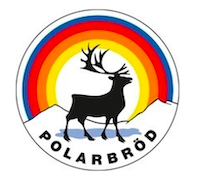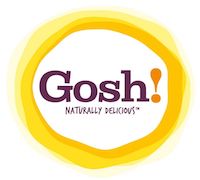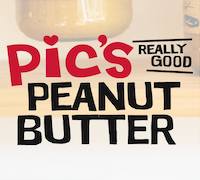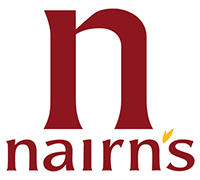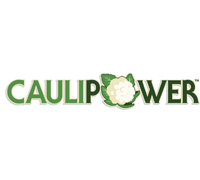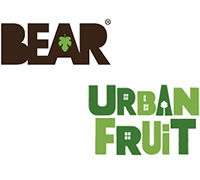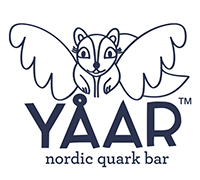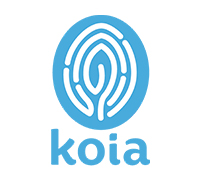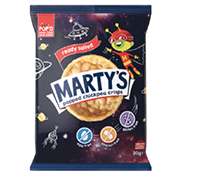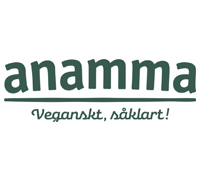Our case studies focus on brands and products that provide lessons from real challenges and opportunities which you can use to inform business strategy. They are packed with detail including brand portfolio, pricing, and communications and marketing strategy, merchandising and distribution, and come with a check list of key lessons learned.
Published: February 2020
Case study: Polarbröd
A family company from a tiny town in the north of Sweden has grown into the third biggest bread company on the Swedish market. With a strong focus on provenance and sustainability, Polarbröd sold nearly $100m worth of bread last year - including ready-to-eat sandwiches with reindeer meat.
Download powerpointPublished: February 2020
Case study: Gosh
What started as a humble deli in London has grown to become the UK's 8th biggest meat-free brand. Gosh's revenue is approaching $20m and many signs indicate that the independent brand might be preparing for a sale.
Download powerpointPublished: February 2020
Case study: Pic's Peanut Butter
Bruce 'Pic' Picot set up Pic's Peanut Butter at the age of 55, after being diagnosed with a disease that put an end to his career as a sailing instructor. The company is today the best selling peanut butter brand in New Zealand, with revenue growth of 209% in the past three years.
Download powerpointPublished: January 2020
Case study: Nairn's
Founded in 1896, Nairn’s has grown to become one of the UK’s biggest free-from brands. The Scottish oatcake company specialises in gluten-free and connects to an impressive nine of our identified key trends and mega trends for 2020.
Download powerpointPublished: January 2020
Case study: Caulipower
Despite only having been around for three years, Caulipower is already a $100 million brand. The company has been helped by trends like low-carb and plant-based and targets flexitarians with its better-for-you options to pizza, bread and chicken.
Download powerpointPublished: January 2020
Case study: Urban Fresh Foods
Owned by Lotus Bakeries, Urban Fresh Foods is the company behind UK brands Urban Fruit and Bear Nibbles. The latter is a rare example of a start-up that has succeeded in the kids' snacks space. Both brands have been profitable from the start in 2007, despite offering products that are around 50% sugar.
Download powerpointPublished: December 2019
Case study: Yaar
Andrei Garbuz has developed the UK’s first handheld quark bars under the Yaar brand. Yaar launched in April 2019 and was off to a strong start with listings in all 7 Whole Foods and a nationwide listing with Sainsbury’s. The company is aiming to disrupt the UK dairy industry.
Download powerpointPublished: December 2019
Case study: Koia
Koia has helped create a segment that proved new even to the ever-proliferating field of plant-based products: tasty vegan protein drinks. Since launch in 2014, Koia’s retail footprint has expanded to 5,000 stores across the US and the brand is expecting sales of $20m+ in 2019.
Download powerpointPublished: December 2019
Case study: Marty's
Danone enters the UK ambient kids’ snacks market for the first time with its Marty’s brand of allergy-friendly snacks. Products from Marty’s are free from peanuts, egg and gluten and are claimed to be “delicious snacks that you can trust”.
Download powerpointPublished: November 2019
Case study: Anamma
Voted the most impactful Swedish food brand of 2019, Orkla-owned Anamma keeps seeing success as one of the key brands of vegan meat replacements in the Swedish market. Sales reached $12.7m in 2018 and the brand strongly focuses on the potential environmental benefits of choosing plant-based over meat.
Download powerpoint
